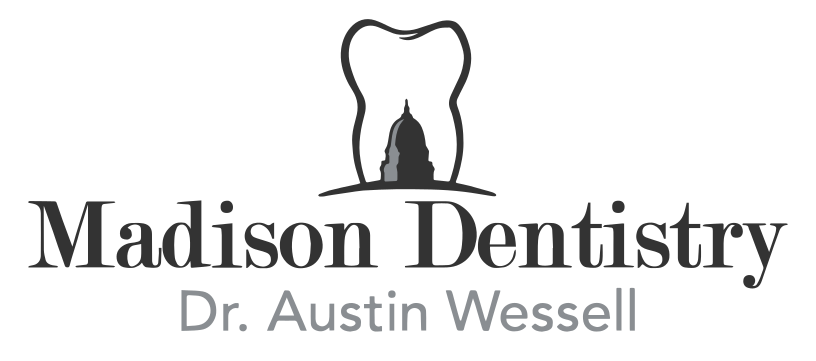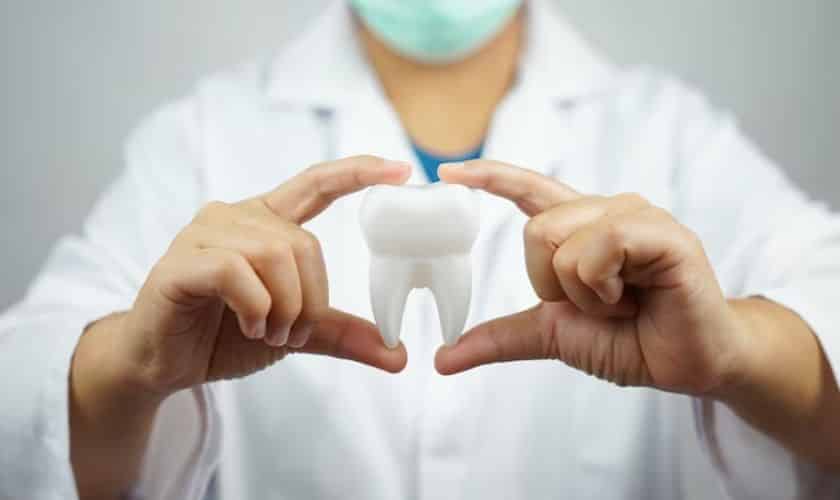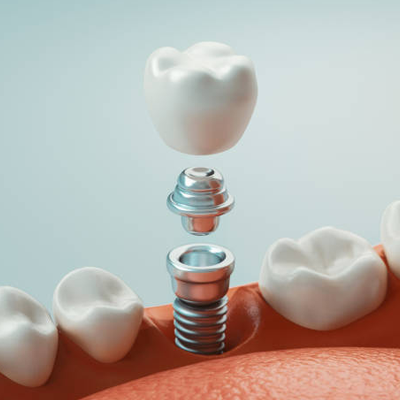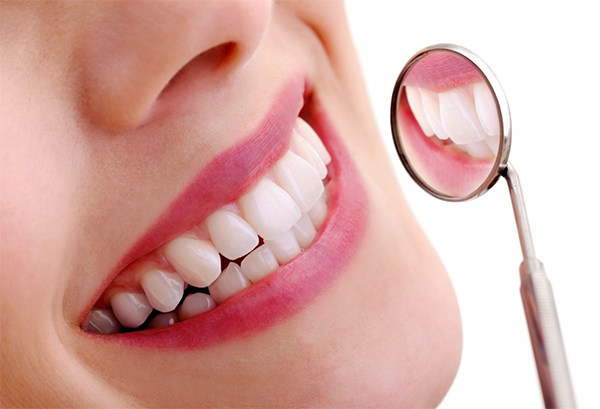
How eating disorders can impact your oral health and how your dentist can assist identify any early warning signs
Dentists are frequently the first to notice potential warning signs of eating disorders such binge eating disorder, bulimia, and anorexia, which can have detrimental consequences on the mouth. The symptoms of these diseases can range from mild to severe.
Oral health can be impacted by eating disorders, according to numerous research. The Oral Health Foundation is in favor of Eating Disorders Awareness Week because of this.
This blog post will discuss the primary signs of each condition, how they may impact the health of your mouth, and how you can receive assistance from your dental team.
What is Anorexia ?
Anorexics restrict their food and drink intake because they are afraid of gaining weight. Many anorexics punish themselves for overindulging in calories or for consuming the “wrong kinds” of food, believing that their self-worth is derived from how many calories they consume.
In addition to limiting their food intake, some anorexics attempt to lose weight and surplus calories by exercising, exercising, using laxatives, or performing enemas.
What is Bulimia?
The diagnosis of bulimia nervosa, a binge eating disorder, is made based on the sufferer’s habits of binge-purging. In order to be diagnosed with bulimia, a person must regularly engage in binge eating, which involves consuming an excessive number of calories in one sitting, and purging, which involves eliminating food or calories through lengthy activity, laxative use, or pushing oneself to vomit.
Individuals with bulimia have different patterns of binge-purge, but because many of them maintain a healthy weight, the symptoms are frequently missed. Additional symptoms of bulimia include exhaustion, bloating and/or constipation, stomach pain, and irregular menstrual periods.
What is binge eating disorder?
Even though we now know more about food addiction, binge eaters were once considered to be food addicts. Binge eaters frequently consume huge amounts of food and/or drink without feeling in control of their behavior. These binges can be spontaneous or planned in advance, with the sufferer purchasing “special” delicacies to indulge in.
Binge eaters don’t just “overindulge” in food or only eat enormous portions; they are unpleasant events that frequently leave patients feeling very distressed and ashamed.
Eating more quickly than usual, eating until you’re uncomfortable, consuming a lot of food when you’re not hungry, eating by yourself out of embarrassment at how much you’re eating, and experiencing disgust, humiliation, or guilt during or after the binge are all signs of a binge eating episode.
Individuals with binge eating disorder do not purge following a binge, in contrast to individuals with bulimia.
How can eating disorders affect the health of your mouth?
Each of these eating disorders has an adverse influence on one’s physical and mental well-being, and they all need to be treated like serious medical problems.
Vitamin and nutrient deficiencies may have detrimental consequences on the body, causing it to malfunction and shut down, which will also show up in the mouth. The following are oral indicators of eating disorders:
- erosion of enamel
- mouth dryness
- salivary gland enlargements
- dry or cracked lips
- oral sores
- decaying teeth
- Teeth sensitivity
- bruising and/or oral injuries
Vomiting purging can also weaken tooth enamel due to prolonged exposure to stomach acid.
How can the dental team help detect eating disorders?
Dental nurses, therapists, dental hygienists, and dentists are well-positioned to identify the early indicators of eating disorders.
The hard and soft parts of your mouth are examined, and they search for indications of tooth erosion and any oral injuries that may have resulted from pushing objects into your mouth to produce vomiting, all throughout your dental examination.
They will be able to identify indicators of nutritional inadequacies and teeth decay from excessive sugar consumption in addition to erosion caused by stomach acid.
If they have reason to believe that you may have an eating disorder, they will gently go over the clinical symptoms they are observing in your mouth with you. If necessary, they may also discuss with you the possibility of writing a prescription for a high-fluoride toothpaste or varnish to keep your teeth from decaying.
The better your dental team can assist you, the more transparent and truthful communication is necessary. You can rely on your dental team to support you and not pass judgment on you for any symptoms you may be experiencing.











